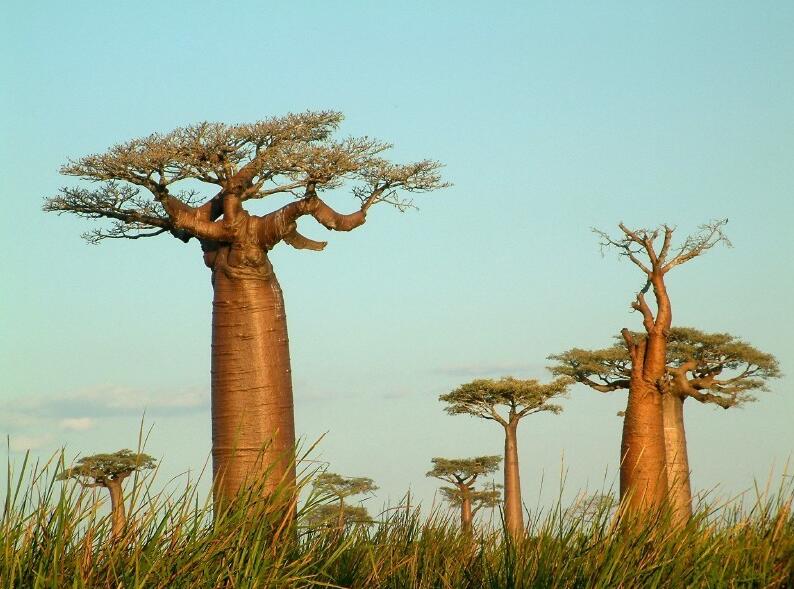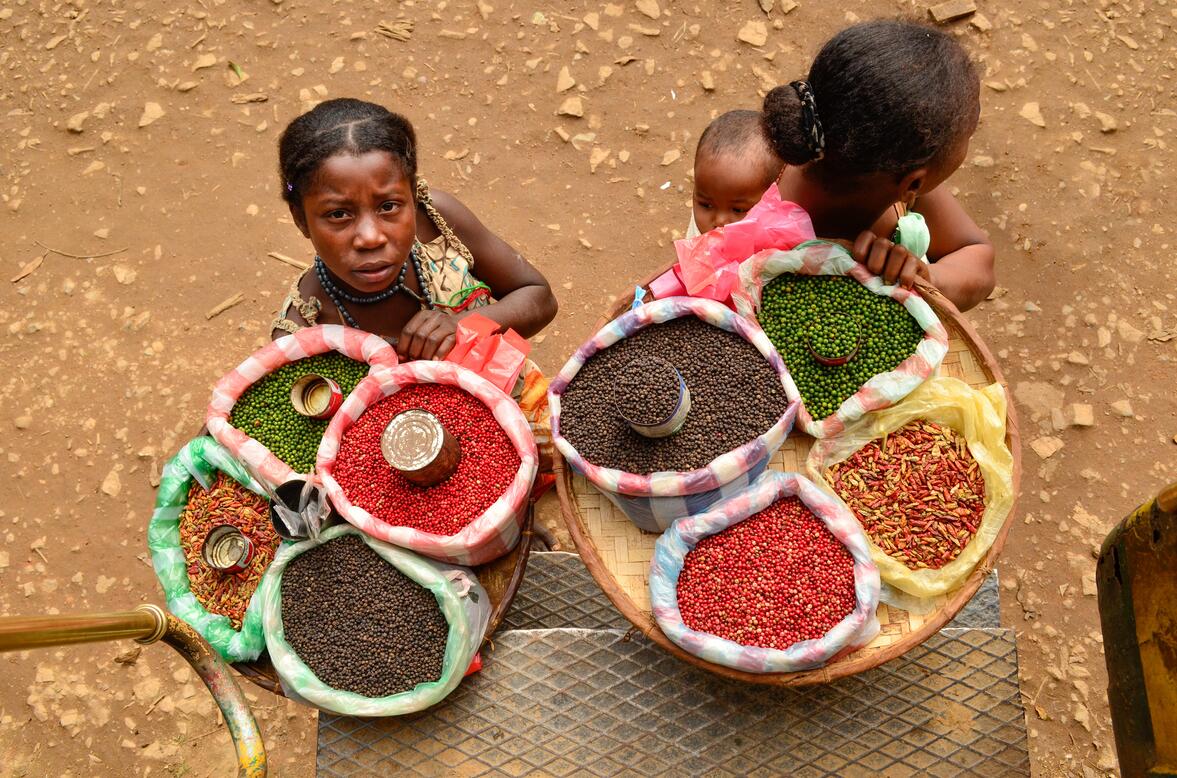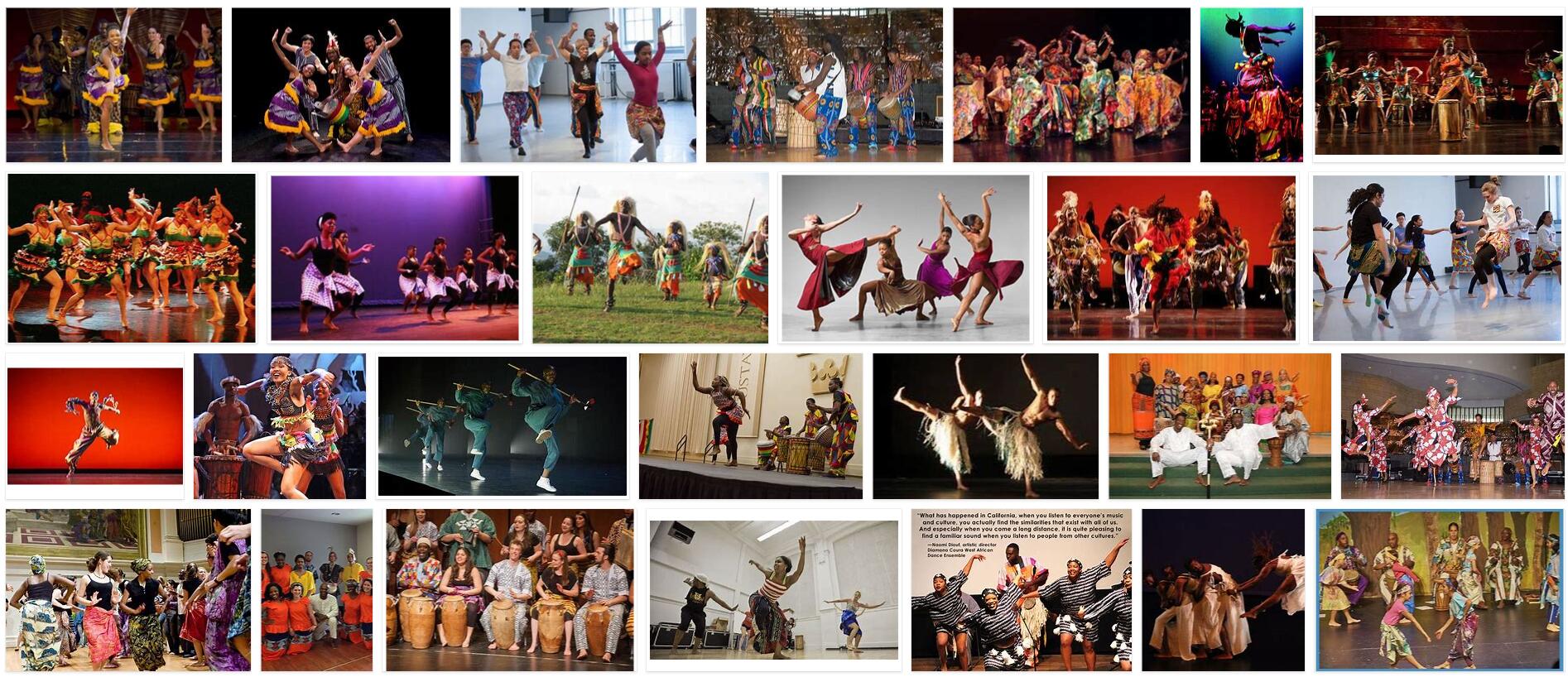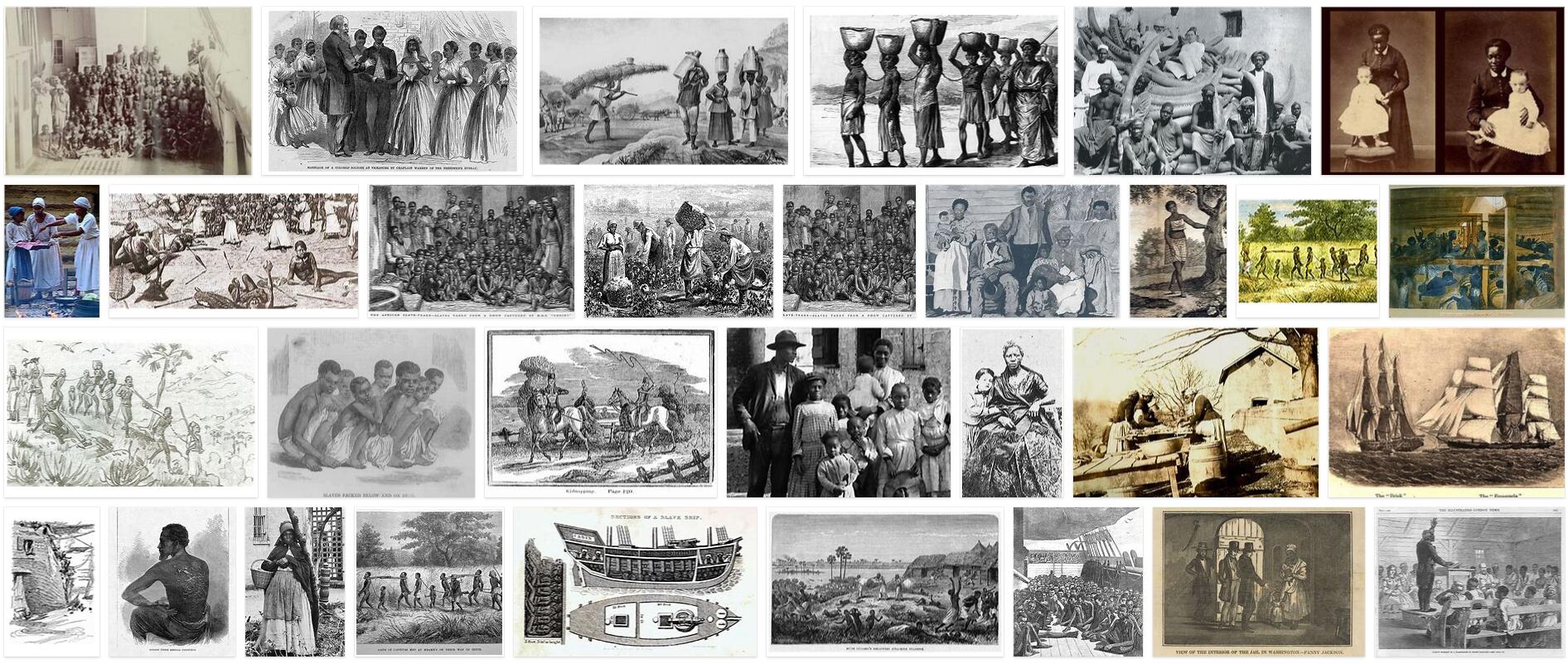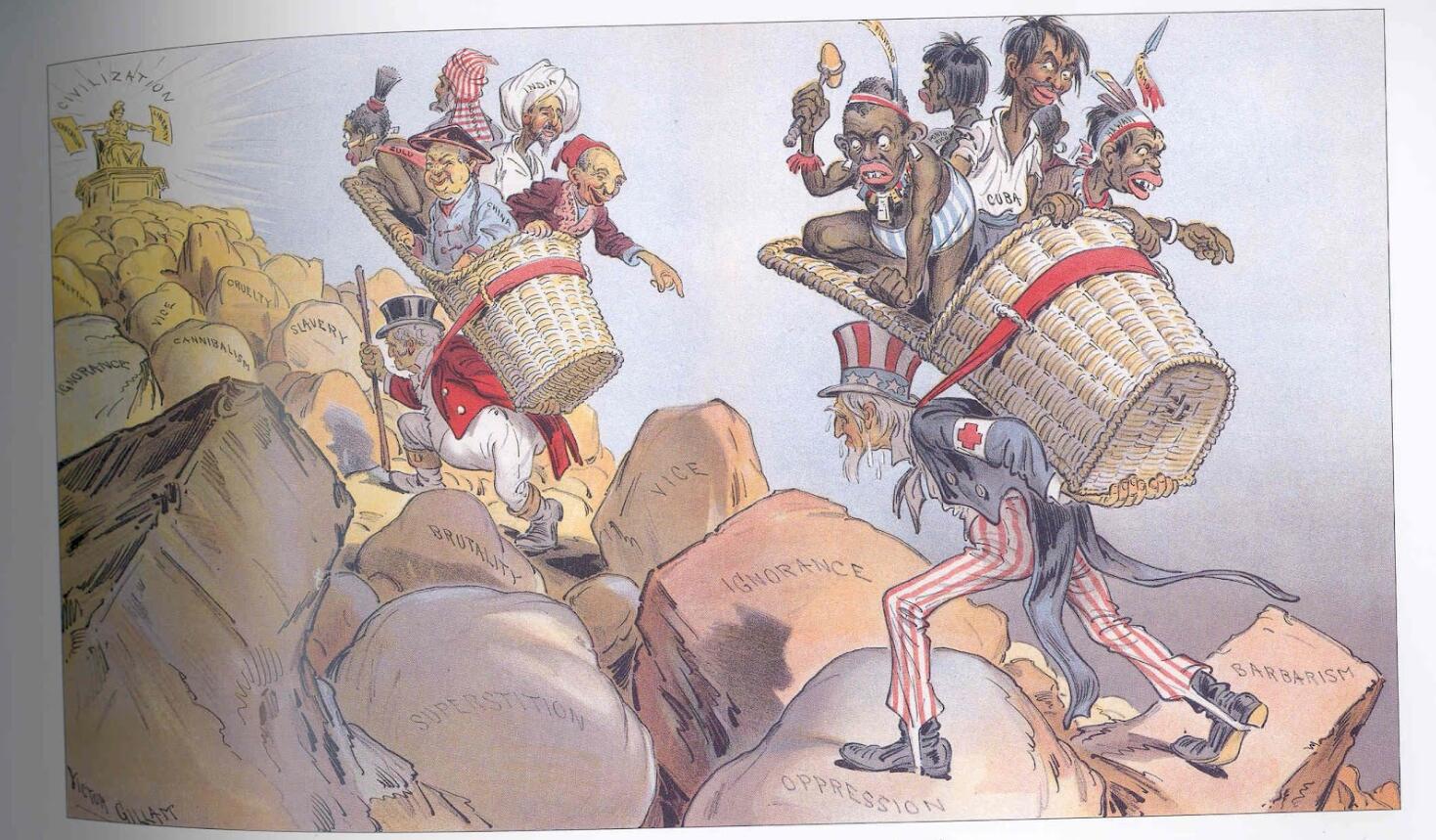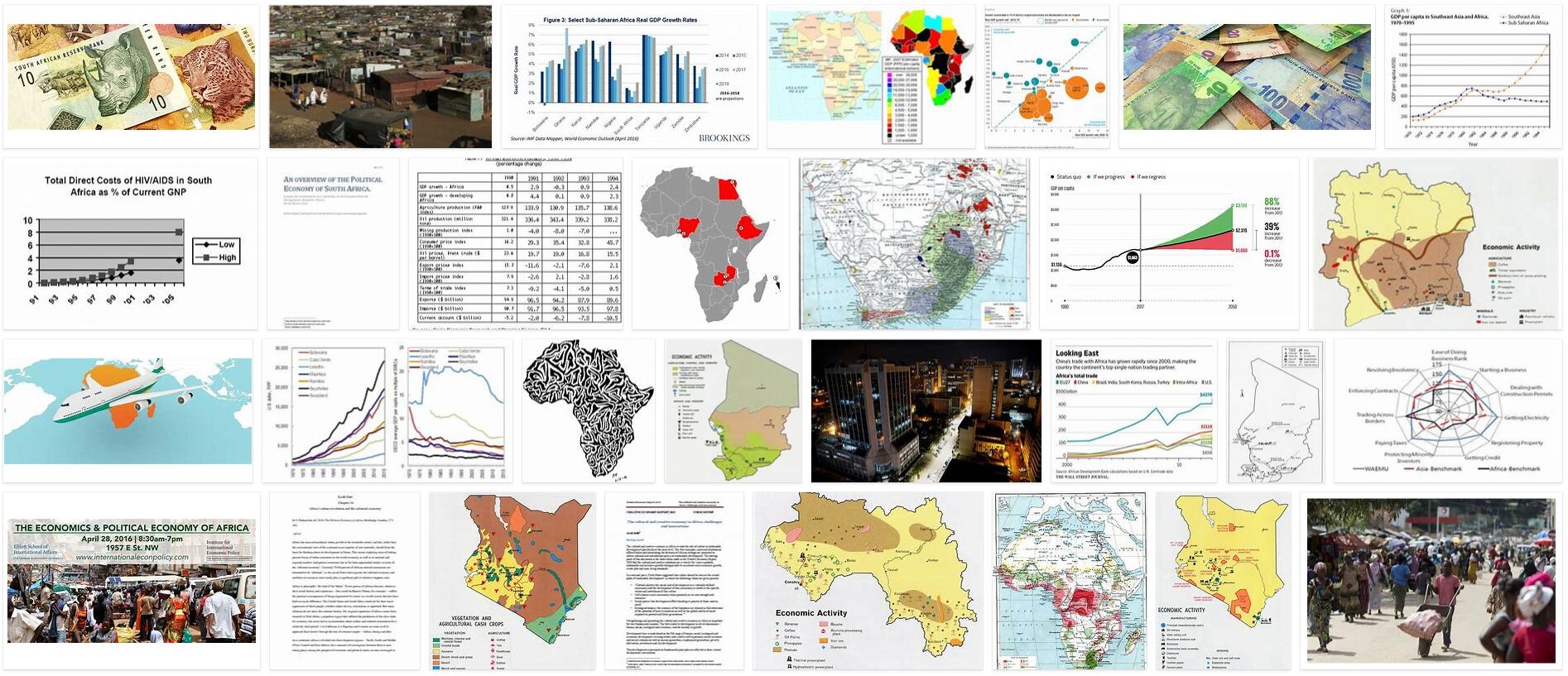Madagascar Knowledge and Culture
Officially, there is nine-year compulsory schooling in Madagascar, but since 1985, the percentage of children in school has declined. About 30 percent of the population over the age of 15 is illiterate. The University of Antananarivo was established in 1955, but changed its name to the University of Madagascar in 1961. The University has branches… Read More »
